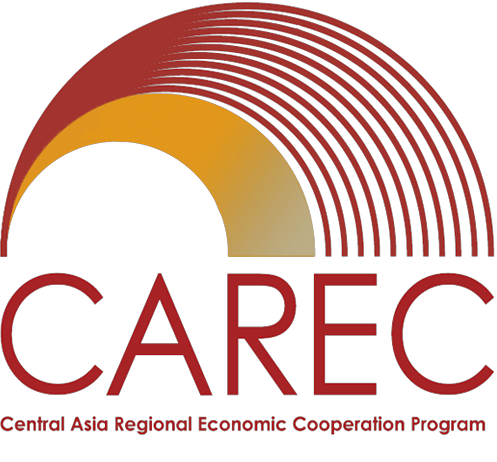CAREC Ministers Endorse Wuhan Action Plan
New CAREC 2020 action plan prioritizes regional infrastructure projects
Ministers of the 10 Central Asia Regional Economic Cooperation (CAREC) Program member countries endorsed the Wuhan Action Plan (Action Plan) at the 11th Ministerial Conference, held in Wuhan, People’s Republic of China (PRC). The Action Plan aims to ensure effective and timely achievement of the strategic objectives—expanded trade and improved competitiveness—laid out in CAREC 2020, the program’s strategic framework for the next 10 years.
The Action Plan prioritizes implementation of more than $23 billion in new regional transport infrastructure projects, together with energy and trade initiatives, aimed at creating seamless connectivity and greater prosperity in the region. Sixty-eight transport projects have been identified along the six CAREC corridors linking ports in eastern PRC with the Caucasus and beyond, and connecting northern Kazakhstan to the trading hubs of Karachi and Gwadar in Pakistan. Infrastructure projects will be complemented by critical work to improve border and customs services, allowing people and goods to move easily between nations. CAREC partners also aim to raise funds to build and improve energy assets.
In his keynote address at the conference, Asian Development Bank President Haruhiko Kuroda said, “Regional cooperation is essential to promote inclusive and environmentally sustainable growth. Poor connectivity arising from inadequate transport and communications infrastructure can impede trade expansion and investment attraction.” He also said that “regional cooperation in energy supply will enhance efficiency and lessen energy consumption.”
The Action Plan emphasizes the critical role of the CAREC Institute in providing knowledge support to CAREC priority sectors. Ministers from Afghanistan, Azerbaijan, the PRC, Kazakhstan, the Kyrgyz Republic, Mongolia, Pakistan, Tajikistan, Turkmenistan, and Uzbekistan agreed to establish a base for the CAREC Institute in the region by 2014 to support strategic projects through analytical work, training, and knowledge management.
The Action Plan pursues a practical, results-oriented, and corridor-based approach to facilitate cross-border transport. Nonphysical barriers to inter-state and transit transport in the CAREC region should be removed and future directions of transport facilitation arrangements are recommended.
Representatives from CAREC multilateral institution partners—ADB, European Bank for Reconstruction and Development, the International Monetary Fund, the Islamic Development Bank, the United Nations Development Programme, and the World Bank—and bilateral donor agencies from France, Japan, United Kingdom, and the United States—pledged support for the Wuhan Action Plan.
Since 2001, the CAREC region has seen over $19 billion in investments in just over 120 projects, including almost 4,000 kilometers of roads, 3,200 kilometers of railways, and more than 2,300 kilometers of power transmission lines.
CAREC ministers will next meet in late 2013 in Kazakhstan.
Related Events
- 11th Ministerial Conference on Central Asia Regional Economic Cooperation, 30–31 October 2012
- CAREC Senior Officials’ Meeting, 29 October 2012
News Releases
- CAREC Ministers agree on $23 billion action plan to boost Central Asia links | 中文
- Regional energy, connectivity issues to be discussed during CAREC conference
- Tajikistan improves connectivity and increases trade with CAREC support
- Kyrgyz Republic participate in 11th Ministerial CAREC Conference
- Kazakhstan develops Silk Road network through CAREC
- CAREC Ministerial Conference opens in People’s Republic of China
- Afghanistan connects through CAREC road and railway corridors
- CAREC ministers to gather in PRC to chart way forward for the region

